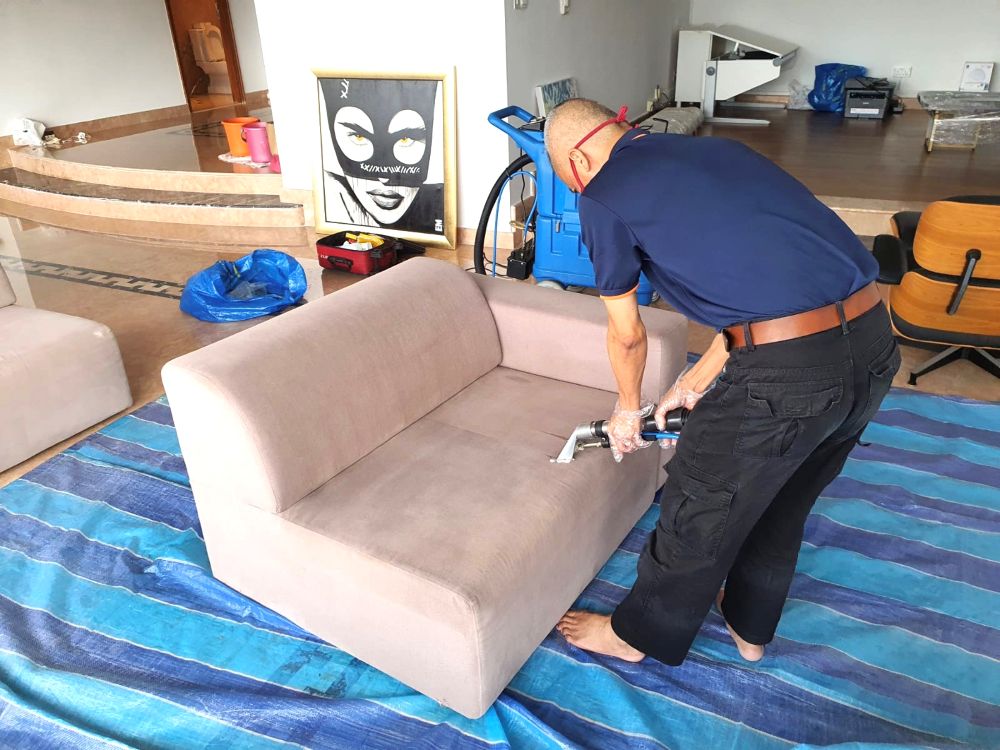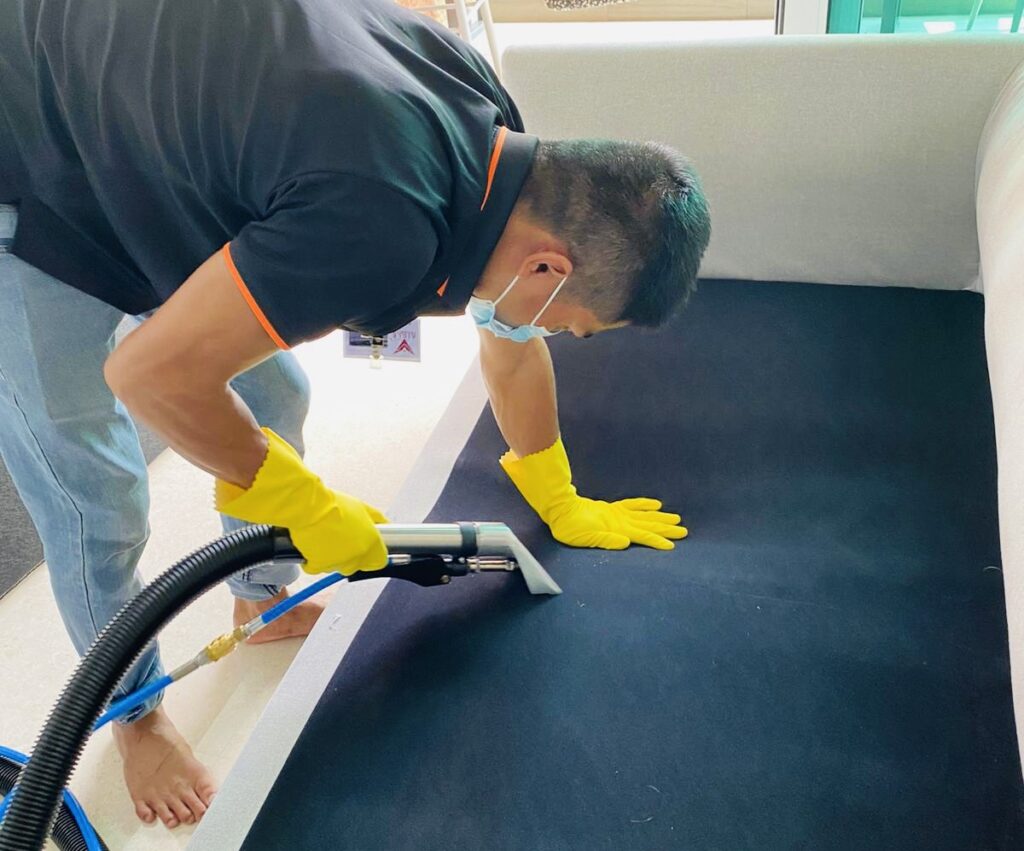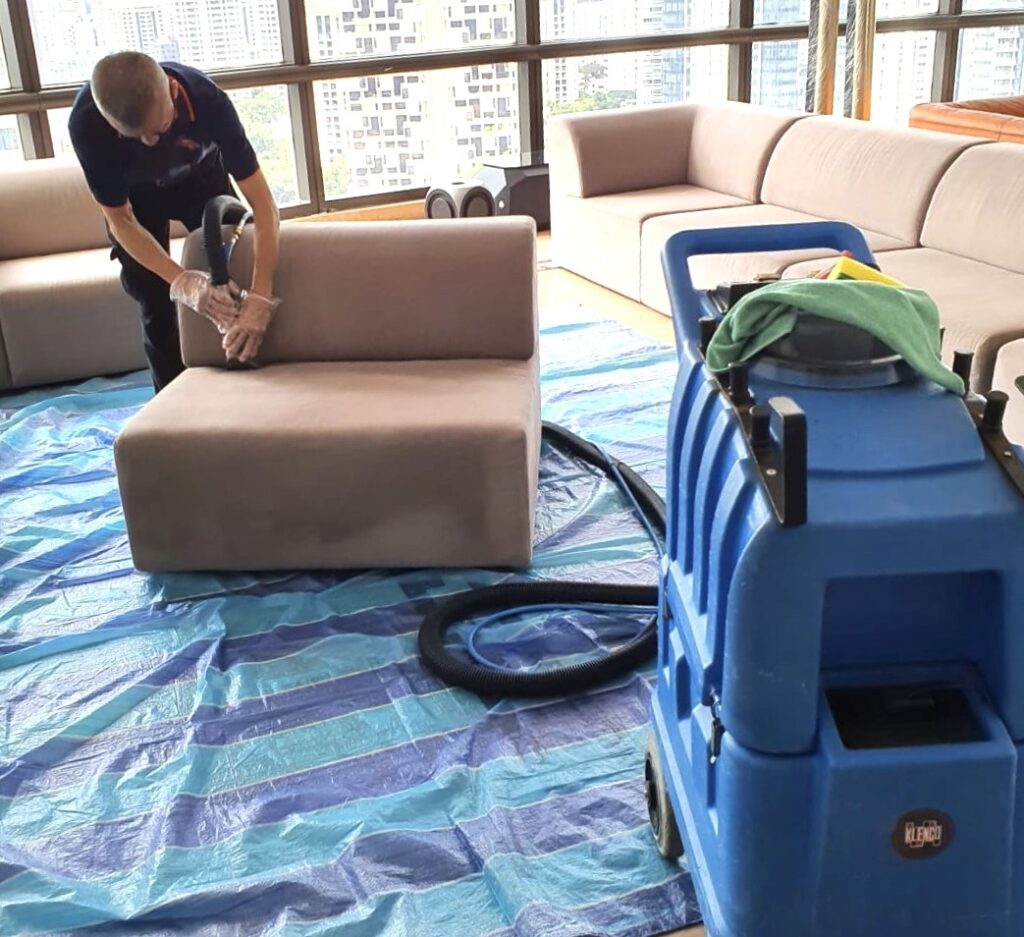According to the Society for General Microbiology, some bacteria divide every 20 minutes at the right temperatures and with the right nutrients.
A 2016 study of the most contaminated objects in the home also found over 340 different bacteria on 30 different objects.
Not all bacteria are harmful — your body contains plenty of bacteria that don’t make you sick. But some can be found throughout your home and make you sick, including:
- Staphylococcus aureus, or staph
- yeast and mold
- Salmonella
- Escherichia coli, or E. coli
- fecal matter
The SARS-CoV-2 virus, the new coronavirus was known for causing the COVID-19 pandemic, can also be found on many of the same surfaces. Symptoms of COVID-19 include shortness of breath, coughing, and fever.
It can spread quickly because it lives for hours or days on certain surfaces.
At March 2020 study looked at how long the new coronavirus could live on the following environments and surfaces:
- in the air: up to 3 hours
- plastic and stainless steel: up to 72 hours
- cardboard: up to 24 hours
- copper: up to 4 hours
The Kitchen
The kitchen, where food is stored or prepared, had more bacteria and fecal contamination than other places in the home.
More than 75 percent of dish sponges and rags had Salmonella, E. coli, and fecal matter compared to 9 percent on bathroom faucet handles.
Other kitchen items that need frequent cleaning include:
- cutting boards
- coffee maker
- refrigerator, especially areas in contact with uncooked and unwashed food
- kitchen sink and countertops
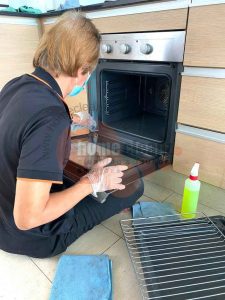
Here are some tips for keeping these spots clean:
- Use disinfectant wipes on the faucet, refrigerator surfaces, and countertops.
- Heat damp sponges in the microwave for a minute to kill bacteria.
- Soak sponges in a quart of warm water with half a teaspoon of concentrated bleach.
- Change dish towels a few times a week.
- Wash your hands before and after touching or handling food.
Knobs, Handles, and Switches
Countertops, handles, and light switches are a few less-than-obvious places for germs.
While many people assume that the bathroom doorknob would be the dirtiest, the NSF found other spots that ranked higher with bacteria, including:
- bathroom light switches
- refrigerator handles
- stove knobs
- microwave handles
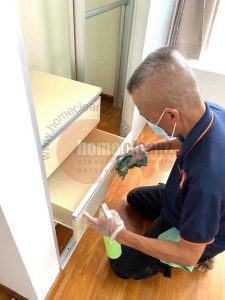
You can clean these spots once a week with disinfecting wipes. This will also get rid of any SARS-CoV-2 that may be lingering on plastic or steel surfaces like these.
Home Office and Living Room
Remote controls, computer keyboards, phones, and tablets are often shared by multiple family members and house guests.
In 22 households, the NSF found yeast and mold on the computer keyboard, remote control and game controller as well as staph on the last two items.
Surfaces also contribute to bacteria growth and diversity.
For example, a carpet can hold up to eight times its weight in dirt and dust and may be dirtier than a city street.
And as discussed earlier, the new coronavirus can live on plastic remotes and keyboards for as long as 3 days.
Use disinfectant wipes or plain water and soap to clean your items, especially if they’ve come in contact with dirty surfaces like tables or counters.
And wash your hands before touching any household objects if you’ve been out in public or come into contact with someone who has.
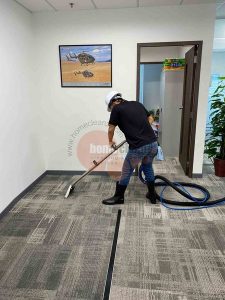
Personal Items
You can bring in bacteria and viruses from the outside to your house each day through your shoes, gym bag, and even headphones.
Of the 22 homes surveyed, the NSF found fecal contamination, yeast, and mold present on:
- cell phones
- keys
- wallet and money
- lunch boxes
- the bottom of purses
The new coronavirus can also live on the surfaces for up to 3 days since most of these objects are made of plastic or metal.
Most disinfecting wipes are effective against bacteria and viruses, including the new coronavirus, on electronics. But if you want to be extra safe, you can find electronic-specific cleaning supplies at stores.
No time to clean it yourself? Total cleanz professional team will do the job for you.
At Total Cleanz we provide professional disinfection & fogging cleaning services at most reasonable prices.
Contact Us Now!

